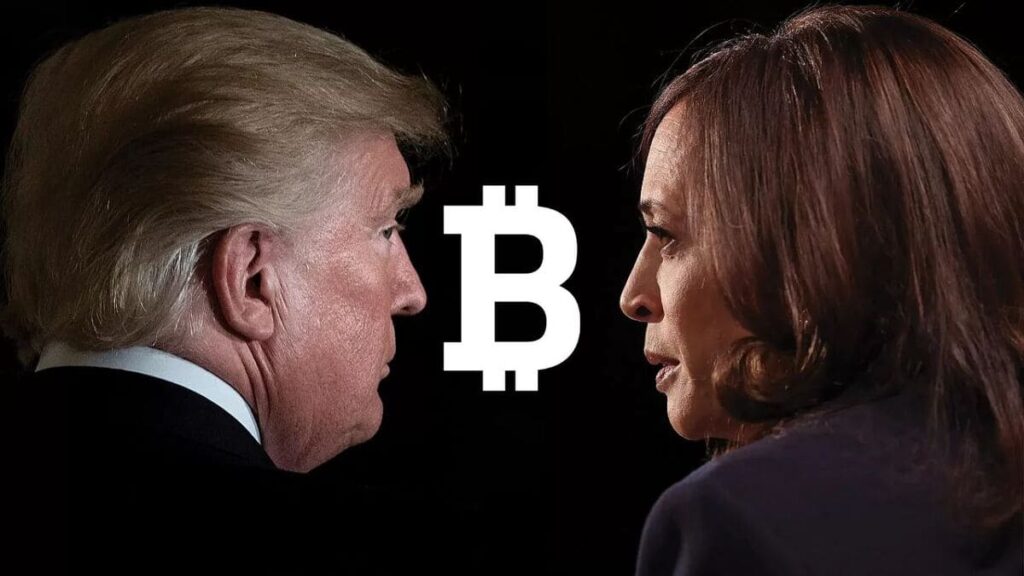TL;DR
- A Fairleigh Dickinson poll reveals that 50% of cryptocurrency holders plan to vote for Donald Trump, compared to 38% who prefer Kamala Harris.
- Among voters without cryptocurrencies, Harris leads with 53%, while Trump gets 41%, showing a clear disparity in political preferences between the two groups.
- The study shows that 15% of voters own cryptocurrencies or NFTs and highlights that these users tend to be young and from racial minorities.
A recent survey from Fairleigh Dickinson University reveals a strong inclination among cryptocurrency holders towards Donald Trump in the upcoming U.S. presidential election. According to results published on August 30, 2024, 50% of respondents with cryptocurrencies indicated that they plan to vote for Trump, while only 38% preferred the current Vice President Kamala Harris.
In contrast, among voters who do not own cryptocurrencies, Harris leads by a 12-point margin. 53% of these voters expressed their intention to vote for Harris, while 41% plan to support Trump. This shows a clear difference in political preferences between cryptocurrency owners and non-owners.
Professor Dan Cassino, the study’s director and a Government and Politics scholar at Fairleigh Dickinson, addressed the impact of Trump’s outreach to the crypto community. Cassino suggested that the former president’s effort to attract crypto users is paying off. The significance of this community is greater than often perceived. According to the survey, 15% of registered voters claimed to own cryptocurrencies or non-fungible tokens (NFTs), a percentage comparable to findings from other recent surveys on the topic.
Trump Captures Votes Historically Distant from Republicanism
The study also sheds light on the demographic characteristics of crypto users, who tend to be predominantly young and from racial minorities. Among white voters, 13% have owned cryptocurrencies, compared to 17% of Black voters and 22% of Hispanic voters. Essentially, this demographic profile suggests that cryptocurrency ownership may be a relevant issue for certain groups that have traditionally been less reached by Republicans and candidates like Trump.
Additionally, the crypto industry has made substantial investments in political contributions during this election cycle. Companies such as Coinbase and Ripple stand out among the top donors to political action committees (PACs). These contributions have strengthened the industry’s influence in the political arena and may be contributing to the preference expressed by cryptocurrency holders in the survey.











